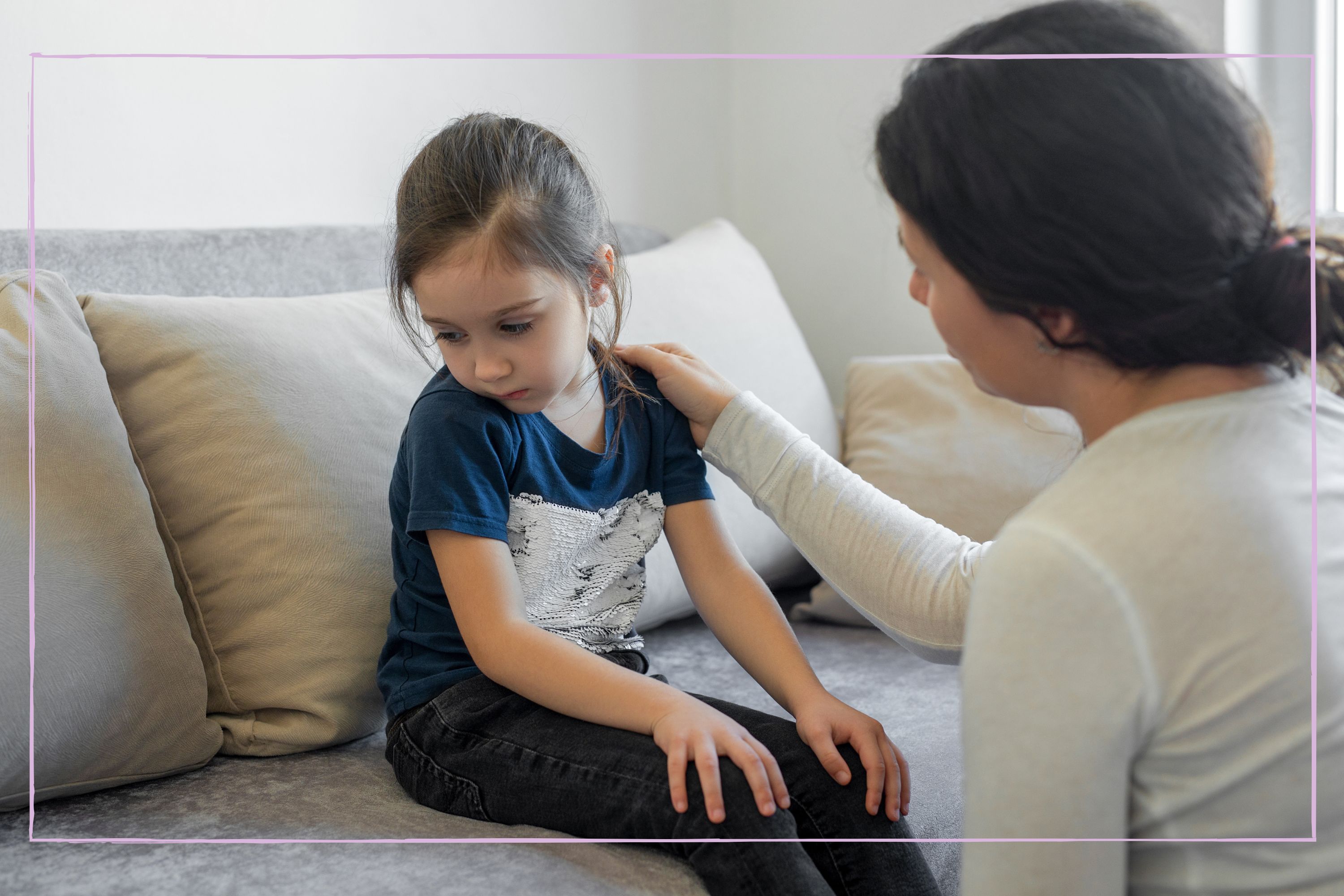Kids 'learn nothing' from being told to say sorry, claims parenting expert - here's how you can teach them to apologise in different ways
Try this alternative way to repair


A parenting expert has shared why children 'get nothing out of' being told to say sorry - here's what she recommends trying to teach instead.
Teaching kids emotional intelligence is just one of the many tasks parents are faced with as their little ones grow, in the hope that their children will become caring and empathetic humans. Encouraging them to say sorry when they snatch from or hit another child is something most parents do - and they might hope that it will prevent sibling rivalry and teach kids to share too.
But just because your child has said 'I'm sorry' doesn't necessarily mean they have learned anything about respecting other people and their belongings. Often, children are told to say sorry with little discussion of why their actions might have been wrong, and this can mean that their apology isn't genuine.
One parenting coach has shared that this is one of the reasons why she never 'forces' children to say they're sorry, Dr Chelsey Hauge-Zavaleta has earned herself over 310,000 followers on TikTok for her viral parenting videos, and in one clip she explains that telling a child to say sorry after hurting another kid often means "they get nothing out of it, it doesn’t feel authentic to the child that was hurt, and the child who did the thing learns nothing".
Instead, Dr Chelsey encourages the child to do an action, such as getting an ice pack if the other child has hurt themselves, or asks them what they think they can do to help. "I’m facilitating an action that is repair," she explains.
She adds that another reason why encouraging a child to say sorry may not be beneficial is because they might feel you are taking sides and don't fully understand the situation, which can compromise your relationship with them. Asking them to go and fetch something instead also means they will get a sensory break by walking away to another room, which gives you the opportunity to comfort the one who's hurt.
This doesn't mean that saying sorry isn't necessary, however. Dr Chelsey also shares how she models saying sorry by doing it herself when the child hands over the ice pack (or whatever it is you sent them to fetch).
Parenting advice, hot topics, best buys and family finance tips delivered straight to your inbox.
Keeping in mind that there might be another side to the story, she adds that you could say to the child later on, at bedtime, "It was really sweet when you went to get the ice pack. That was so cool. You're getting so big, you're always recognising sometimes when we play someone gets hurt and you can always go and get an ice pack."
Dr Chelsey's followers praised her for the tip, and many shared how they use it with their own children. One user helpfully commented, "We try and do this, usually they respond with “it wasn’t my fault” so we remind them that even though we’re not blaming anyone it’s always nice to help someone who got hurt or whose feelings were hurt".
Another said, "I heard a mom at the park once say “we need to say I’m sorry with our words and actions”. Used it ever since".
Elsewhere, these five 'game changing' phrases can teach your children about the mental load, and here are four expert ways you can help your stressed teen.

Ellie is GoodtoKnow’s Family News Editor and covers all the latest trends in the parenting world - from relationship advice and baby names to wellbeing and self-care ideas for busy mums. Ellie is also an NCTJ-qualified journalist and has a distinction in MA Magazine Journalism from Nottingham Trent University and a first-class degree in Journalism from Cardiff University. Previously, Ellie has worked with BBC Good Food, The Big Issue, and the Nottingham Post, as well as freelancing as an arts and entertainment writer alongside her studies. When she’s not got her nose in a book, you’ll probably find Ellie jogging around her local park, indulging in an insta-worthy restaurant, or watching Netflix’s newest true crime documentary.